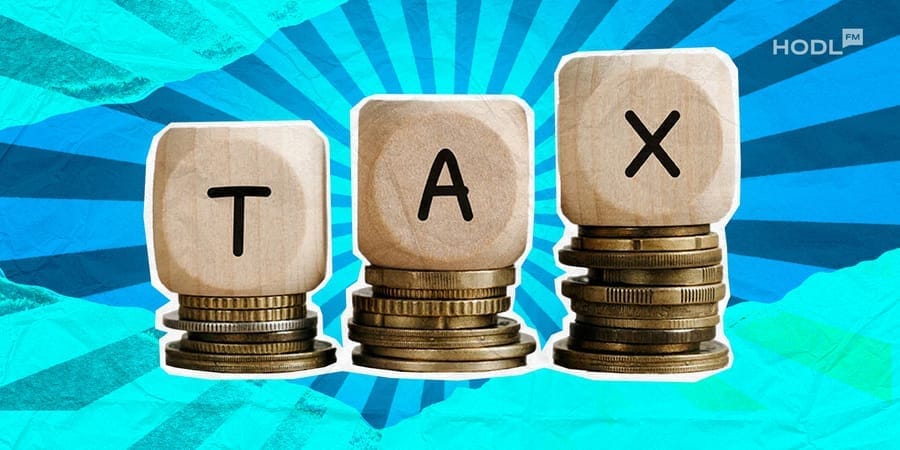Spain’s Sumar Parliamentary Group has submitted a legislative proposal to Congress that could significantly increase the tax burden on Bitcoin, Ethereum, XRP, and other cryptocurrencies.
The amendments target the country’s transposition of the EU’s Markets in Crypto-Assets (MiCA) framework, affecting General Tax Law 58/2003, Law 35/2006 on personal income tax (IRPF), and Law 29/1987 governing inheritance and donation taxes.
Under the proposal, individual gains from crypto assets would shift from the current savings base rate, capped at 30%, to the general IRPF base, which can reach 47%. Corporate tax treatment would also change, applying a fixed 30% rate on crypto-related profits.
Risk traffic light for investors
The amendments instruct Spain’s National Securities Market Commission (CNMV) to implement a standardized “risk traffic light” for crypto assets. This visual indicator, mandatory across all investment platforms, would assess whether a project is officially registered, supervised, backed by reserves, and its liquidity profile.
The bill stresses that both regulated and unregulated digital assets share the same economic nature and are attachable under general criteria of ownership, availability, and liquidity. Proponents argue the system will help retail investors better understand risks, rather than entering the market blindly.
Criticism from experts
Economists and legal experts have raised concerns over the enforceability and impact of the proposals. Tax advisor José Antonio Bravo Mateu described the amendments as a “useless attack against Bitcoin,” noting that self-custodied assets cannot be seized through conventional processes.
He added that the measures may encourage holders in Spain to move assets abroad.
Lawyer Chris Carrascosa echoed these concerns, calling the approach “unenforceable” because assets not regulated under MiCA, such as Tether (USDT), are not held by centralized custodians. Carrascosa warned that enforcing these rules would burden crypto asset service providers (CASPs) and could create “absolute chaos” across Spain’s crypto tax regime.
⚠️ URGENTE: El Grupo Parlamentario Sumar ha presentado tres enmiendas en el proyecto de Ley que como cada año, modifica muchas leyes tributarias en nuestro país y de aprobarse, sería una malísima noticia para España como país.
— Cris Carrascosa ⚡️ (@CarrascosaCris_) November 25, 2025
En este caso las traigo aquí por dos motivos:
🔴…
In addition, a separate proposal from Treasury inspectors Juan Faus and José María Gentil seeks to tax Bitcoin profits differently from other digital assets, further complicating the regulatory landscape.
Building a crypto oversight framework
Spain has been gradually expanding its crypto oversight laws. Individuals must now report holdings, transactions, and balances, while crypto service providers are required to report activity to the Bank of Spain and CNMV.
These measures align with EU MiCA regulations and aim to curb tax evasion and fraud.
Recent enforcement actions illustrate the stakes. In early November, Spanish authorities arrested a suspect known online as “CryptoSpain” for orchestrating a €260 million international investment scam through the Madeira Invest Club.
The scheme, which began in 2023, allegedly targeted more than 3,000 victims across ten countries, promising guaranteed returns on crypto contracts, real estate, luxury vehicles, whisky, and digital art.

Disclaimer: All materials on this site are for informational purposes only. None of the material should be interpreted as investment advice. Please note that despite the nature of much of the material created and hosted on this website, HODL FM is not a financial reference resource, and the opinions of authors and other contributors are their own and should not be taken as financial advice. If you require advice. HODL FM strongly recommends contacting a qualified industry professional.




